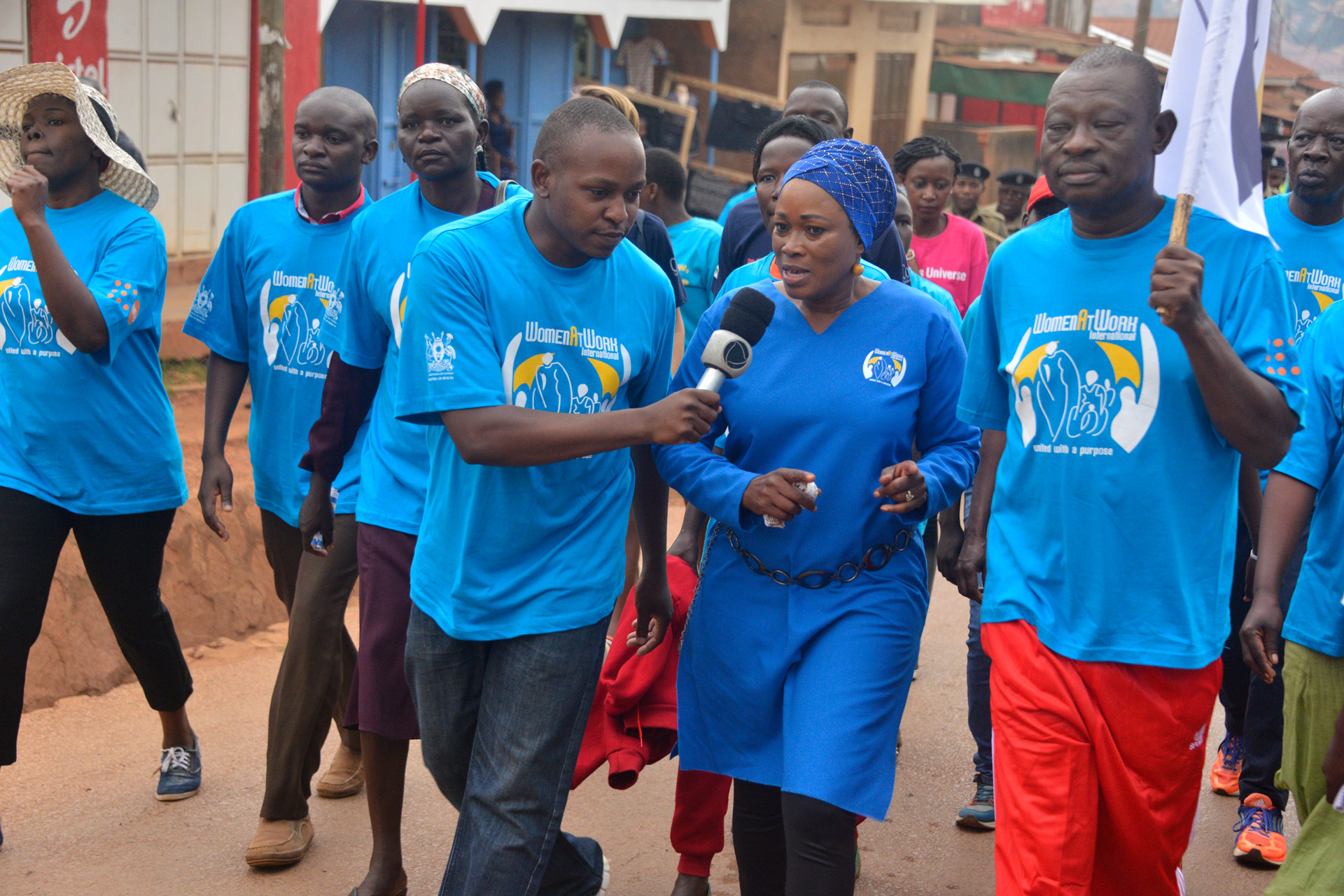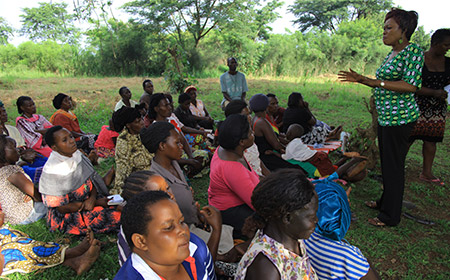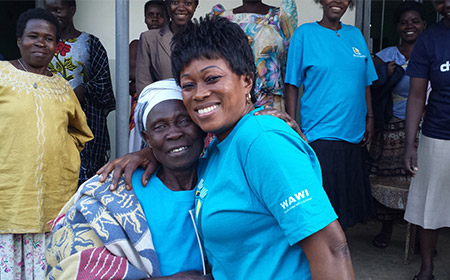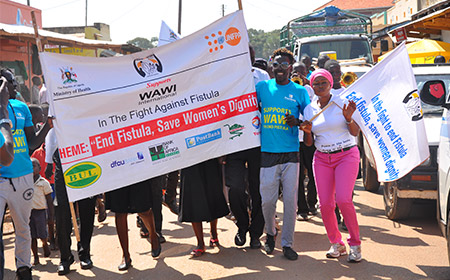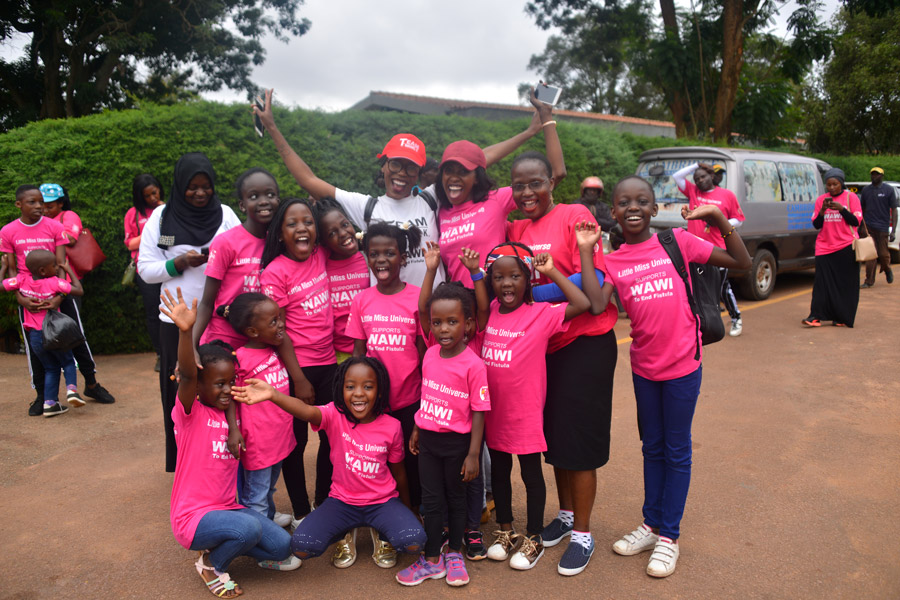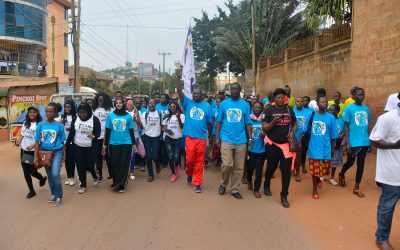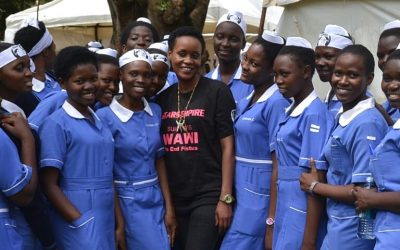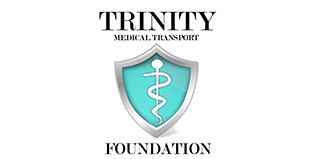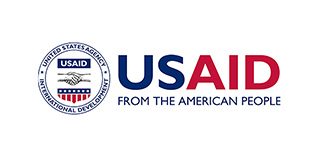
of women and children through Health and Income Improvement Projects
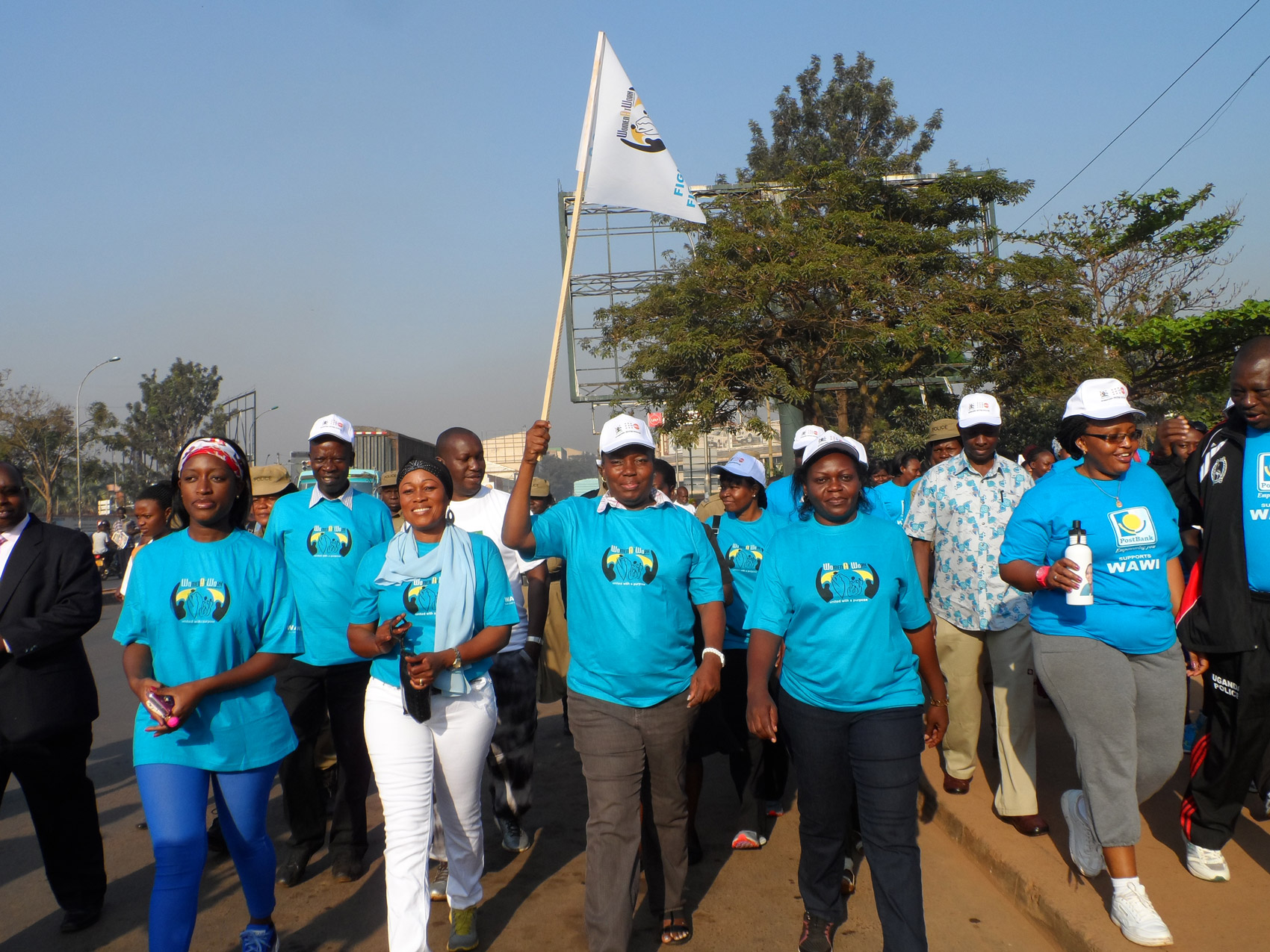
Availing the message of hope to Women
Women at Work International (WAWI) is a Non Government Organization registered in Uganda in 2003 with the main purpose of improving the quality life of women through health and income improvement. WAWI was registered by a group of female Ugandan artists, as a way of using entertainment to educate women and improve their well being. Over the years WAWI has registered over 100 members and it has made a great impact in the lives of women in Uganda.
FOCUS AREAS
Join us in WAWI
Over the years WAWI has worked on lots of Projects and with lots of partners which include End Fistula Project 2012, Reproductive health, HIV/AIDS Management Program and Women Empowerment
Through these projects, WAWI has helped to sensitize & create awareness about Maternal Health and the practice of Safe Motherhood to decrease the escalating or growing number of FISTULA cases by 20% come May 2013 in the Eastern region.
The paramount justification for the promotion of Maternal Health & Safe Motherhood in Uganda is the fact that they are requirements in the UN Millennium development goal number 4 and 5.
1. What is Fistula
Fistula is a hole. An obstetric fistula of the kind that occurs in many developing countries is a hole between a woman’s vagina and one or more of her internal organs. This hole develops over many days of obstructed labor, when the pressure of the baby’s head against the mother’s pelvis cuts off blood supply to delicate tissues in the region. The dead tissue falls away and the woman is left with a hole between her vagina and her bladder (called a vesicovaginal fistula or VVF) and sometimes between her vagina and rectum (rectovaginal fistula, RVF). This hole results in permanent incontinence of urine and/or feces. A majority of women who develop fistulas are abandoned by their husbands and ostracized by their communities because of their foul smell.
2. How many women are affected by Fistula?
Because many women with fistula sustained their injury as young women — many still in their early twenties or even late teens — they are likely to live with their condition for decades if it is left untreated
3. How can fistula be prevented?
Any woman who can gain access to timely and competent emergency obstetric care when labor is obstructed, by obtaining a Cesarean section, will not develop a fistula
4. Fistula is caused by genital cutting, is this true?
While harmful traditional practices such as female genital cutting (FGC) are rightly of concern to the international medical community, they are not major contributors to the development of an obstetric fistula. Some patients have been victims of FGC, but their fistulas are almost always caused by an obstructed labor resulting from a too-small pelvis or a malpresentation of the baby. FGC does not “cause” a fistula. FGC can, however, make treatment of an obstetric fistula more complicated, because the scar tissue resulting from FGC can make fistula repair surgery more difficult.
5. I have Fistula, What do I do?
Seek Assistance!
Frequently Asked Questions
It's important to note that fistulas can be a serious medical condition and should be evaluated by a healthcare professional if you suspect that you may have one
